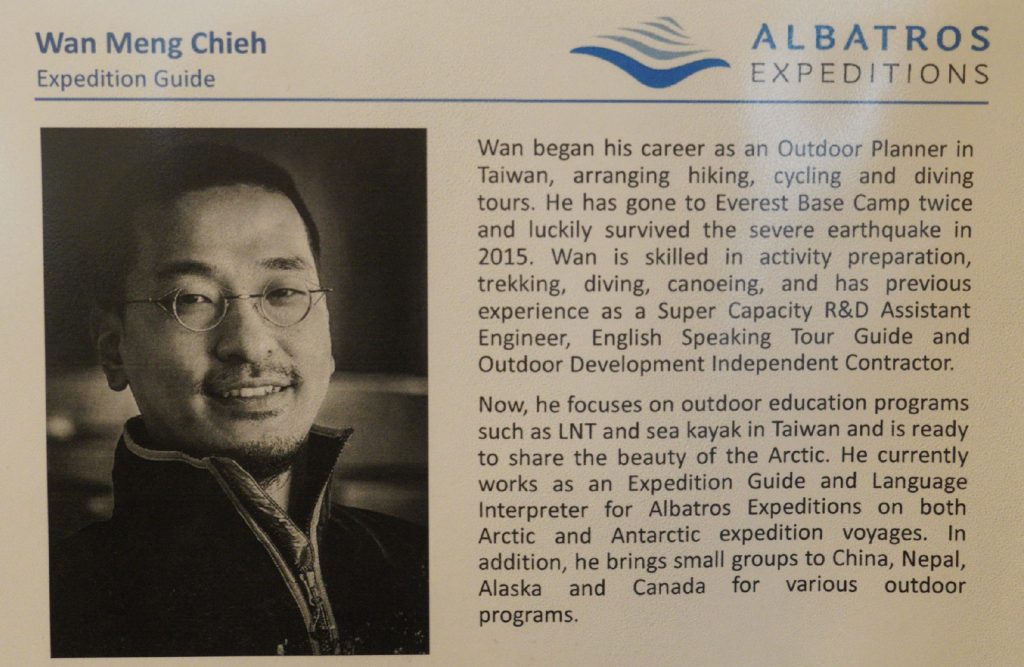“I mean, what makes humans so special from others?”
Diogo interviews Wan Meng Chieh, Expedition Guide
Diogo
Tell me a little bit about yourself and what brought you here?
Wan
Why do I come here? Because of the ice.
The first time blew me away – I was so moved by it that I cried. I grew up in Taiwan, a tropical island, and now here I am surrounded by mountains of blue ice and I can’t stop staring at these icebergs and glaciers that have existed for thousands and thousands of years.
It makes me feel something I can’t describe. I’ve been an expedition guide for four seasons and have visited the Antarctica Peninsula about 30 times. I can’t get enough of it.
Diogo
How do you find life on board?
Wan
Life on the ship is challenging, but it’s also simple. I like getting away from all the people on land.
I’m actually saving money to buy my own sailboat. I want to sail from Taiwan to Japan, Russia, and America, down to Antarctica, and back to Australia and New Zealand before returning to Taiwan.
I’m going to do some scientific research on my trip – like how early explorers brought along palaeontologists, geologists, marine biologists, etc.
Diogo
Is there anything specific you want to study?
Wan
I’ll be focusing on the migration patterns of whales. We still know very little about how they navigate the waters in Antarctica and the west Pacific.
I got my freediving license last year to film them underwater!
Diogo
Do you have any fun facts about Antarctica?
Wan
Some penguins can shoot ‘poop bombs’ over 1.3 metres – nearly twice their body length. That’s like a human shooting their poop over 3 metres! They do it to keep their nests clean.
Diogo
That’s something I’ll remember! You’ve been coming here for many years; what changes have you seen to the Antarctic ecosystem?
Wan
As the water gets warmer, I’ve seen a significant increase in salp, which are like a small jellyfish.
In the 2019/20 season you could see salp everywhere, especially on the beaches of Deception Island. They compete with other species, including krill – which are already under threat due to climate change.
Strangely, though, I didn’t see any salp this year. So that’s good news for krill.
I’ve also seen alarming changes in patterns of ice and snow. For example, the East Peninsula on the Weddell Sea typically has more ice and snow during December than the West Peninsula. This year it’s the other way around; it was a big shock to see no ice on the East.
Gentoo penguins prefer to make their nests in the exposed rock of the West Peninsula. Now it’s covered in ice and snow, the penguins will struggle to lay their eggs safely – and fewer hatchlings will survive. It could have a long-term impact on their population.
Diogo
What does Antarctica mean to you?
Wan
Wow. So much.
When people come here, they feel so small and humble in front of nature. There’s no civilisation, only pure wilderness. And you get an incredible sense of scale everywhere you look; the glaciers and icebergs are huge! Also, I think adapting to a high-risk working environment has made me calmer.
Mostly, though, I love feeling a part of nature. Existing peacefully alongside all these whales, seals and penguins…
I mean, what makes humans so special from others?

